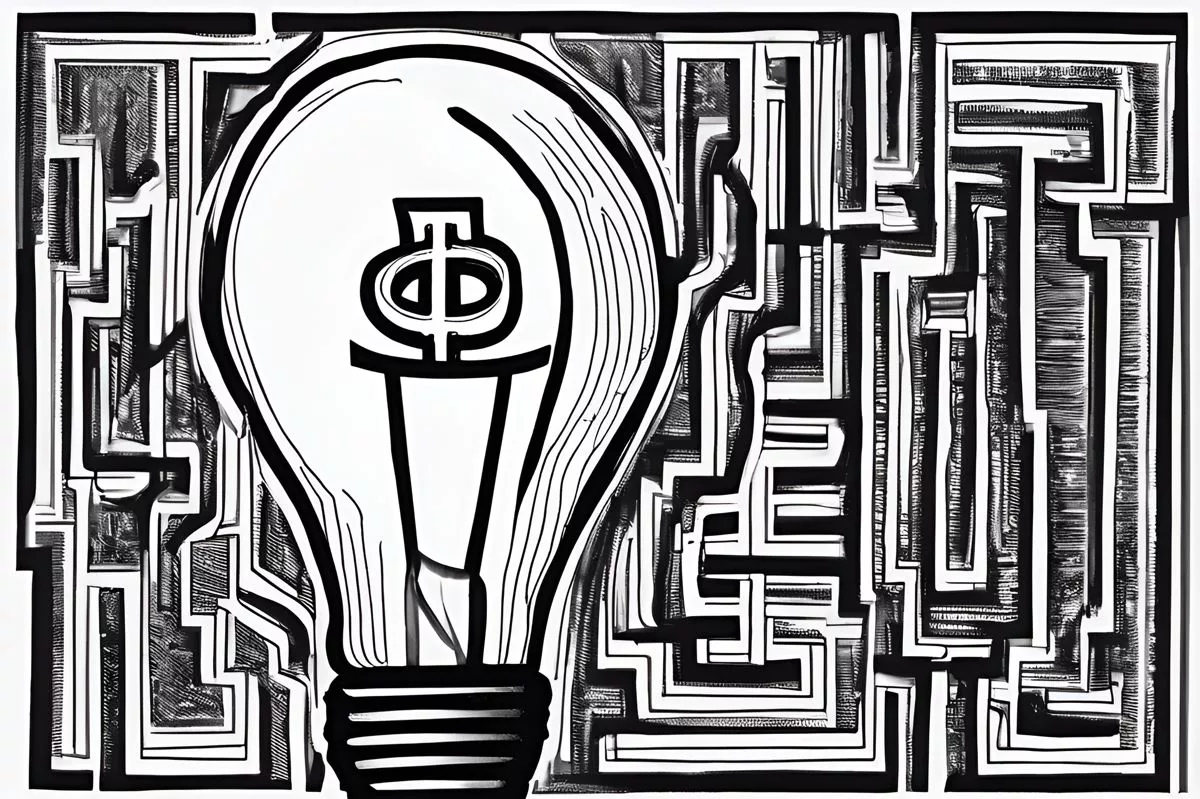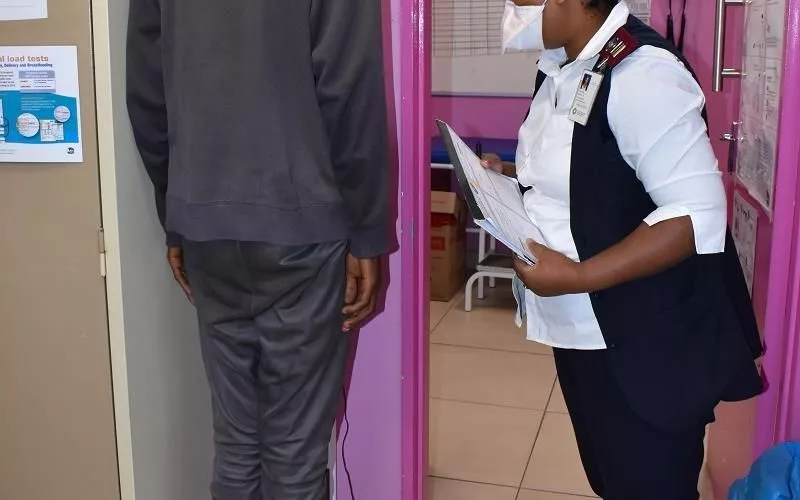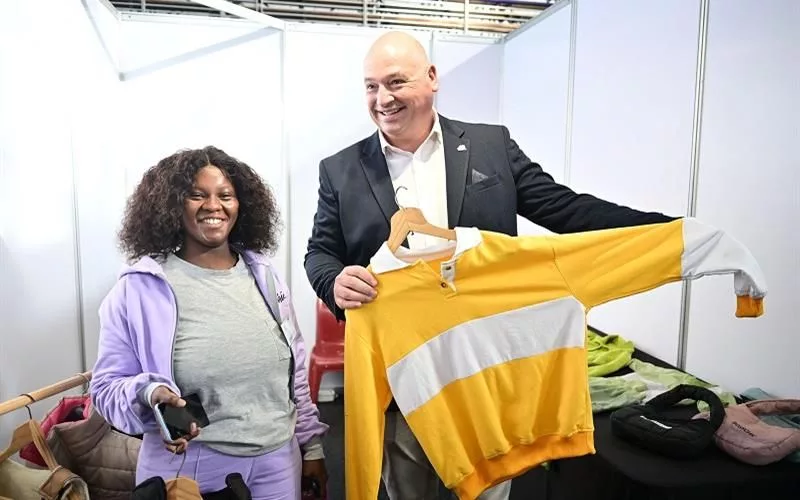The Kenneth Nkosana Makate vs Vodacom case is an intriguing legal battle in South Africa, centred on the ‘Please Call Me’ concept, which revolutionised mobile communication. Makate, the originator of the idea, claims he was not fairly compensated by Vodacom, his former employer. A recent ruling by South Africa’s Supreme Court of Appeal has directed Vodacom to pay Makate between R28.99 billion and R55.37 billion. If he receives the payout, it could have significant implications for Vodacom and transform Makate’s life, making him one of the wealthiest people in South Africa.
What is the Kenneth Nkosana Makate vs Vodacom Case?
The Kenneth Nkosana Makate vs Vodacom case is a legal drama in South Africa that revolves around the ‘Please Call Me’ idea, a groundbreaking concept that revolutionised mobile communication. At the age of 47, Makate, an ex-Vodacom employee, is seeking compensation for his brainchild, which he claims was not fairly compensated by his former employer. A recent ruling from South Africa’s Supreme Court of Appeal has directed Vodacom to compensate Makate with an amount between R28.99 billion and R55.37 billion.
The Starting Thread
South Africa’s business landscape is a complex tapestry, and a certain thread has recently been illuminated with unexpected fervour – the Kenneth Nkosana Makate vs Vodacom case. This evolving story is a fascinating blend of justice, innovation and a potential seismic shift in the country’s wealth distribution.
At the age of 47, Makate, an ex-Vodacom employee, is at the heart of a captivating legal drama that could potentially place him among the wealthiest individuals in South Africa. The ‘Please Call Me’ idea, a groundbreaking concept that revolutionised mobile communication, is central to the conflict. However, Makate, the originator of this idea, hasn’t received any financial compensation.
‘Please Call Me’ is an underrated innovation in South Africa’s telecom sector, allowing a user without airtime to send a free request to another user, asking for a callback. Makate, who was a finance manager at Vodacom at that time, is credited with proposing this idea, which Vodacom later developed and launched.
Unpaid Innovation
Although Makate was not directly part of the product’s development or launch, the concept was his brainchild. The case pivots on this fact and the assertion that Makate’s supervisor had initially pledged to compensate him for the idea. A promise was made, but it remains unfulfilled.
The narrative could be rewritten by a recent ruling from South Africa’s Supreme Court of Appeal (SCA). The court has directed Vodacom to compensate Makate with an amount between R28.99 billion and R55.37 billion, a sum derived from 5%-7.5% of the total revenue from the ‘Please Call Me’ product from March 2001 until the date of the judgment.
If Makate receives the R29 billion, closer to the lower end of the court-ordered payout range, he would instantly become the fifth-richest person in South Africa. This would elevate him above well-known figures like Capitec founder Michiel Le Roux and consumer retail magnate Christo Wiese.
In the scenario where Makate receives the maximum ‘offer’ of R55.37 billion, he would climb up to the third-richest person in the country, bypassing Patrice Motsepe and becoming the wealthiest black African.
Potential Repercussions
This court-ordered payment could potentially transform Makate’s life and also have substantial implications for Vodacom. Following this ruling, Vodacom has indicated it may challenge the judgement in the Constitutional Court. If they do not succeed, it may result in job losses and price increases, a bleak prospect for the mobile operator’s employees and customers.
In the midst of the legal battles, Makate appears to have his vision fixed on more than just the financial windfall. He recently voiced his wish to move to India to meditate once the protracted court case is settled. Perhaps for Makate, the quest for justice and recognition is as important as the potential financial rewards.
The Broader Impact
The ongoing saga of Kenneth Nkosana Makate and Vodacom stands as a stark reminder of the value of innovation and the importance of fairly compensating the brains behind them. It highlights the interconnection between justice and business ethics, accentuating the need for corporations to honour their commitments. The outcome of this case will undeniably send shockwaves across the South African business landscape, impacting future interactions between innovators and corporate behemoths.
1. What is the Kenneth Nkosana Makate vs Vodacom Case?
The Kenneth Nkosana Makate vs Vodacom case is a legal battle in South Africa that centres on the ‘Please Call Me’ concept, which revolutionised mobile communication. Makate, the originator of the idea, claims he was not fairly compensated by Vodacom, his former employer.
2. What was the ‘Please Call Me’ idea?
‘Please Call Me’ is an innovation in South Africa’s telecom sector, allowing a user without airtime to send a free request to another user, asking for a callback. Makate, who was a finance manager at Vodacom at that time, is credited with proposing this idea, which Vodacom later developed and launched.
3. What was the promise made to Makate?
Makate’s supervisor had initially pledged to compensate him for the idea, but the promise was not fulfilled, leading to the legal battle.
4. What was the recent ruling by the Supreme Court of Appeal?
The Supreme Court of Appeal has directed Vodacom to compensate Makate with an amount between R28.99 billion and R55.37 billion, a sum derived from 5%-7.5% of the total revenue from the ‘Please Call Me’ product from March 2001 until the date of the judgment.
5. What could the ruling mean for Makate and Vodacom?
If Makate receives the payout, it could have significant implications for Vodacom and transform Makate’s life, making him one of the wealthiest people in South Africa. However, Vodacom has indicated that it may challenge the judgement in the Constitutional Court, which could result in job losses and price increases.
6. What is the broader impact of the case?
The case highlights the importance of fairly compensating innovators and the interconnection between business ethics and justice. The outcome of this case will undeniably send shockwaves across the South African business landscape, impacting future interactions between innovators and corporate behemoths.












